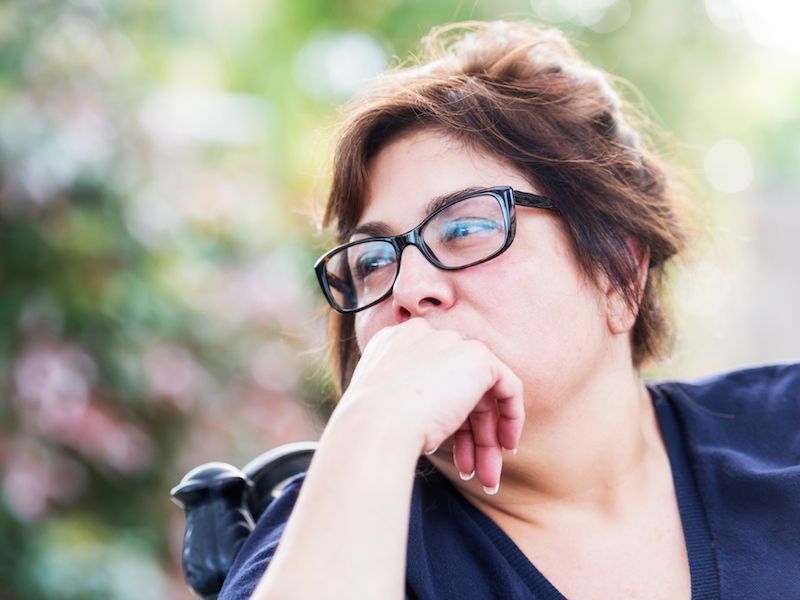
Studies indicate that you are twice as likely to struggle with hearing loss if you have diabetes, according to the American Diabetes Association. That might surprise those of you who immediately connect hearing loss with aging or noise damage. In 2010, 1.9 million people were diagnosed with diabetes and close to 500,000 of them were under the age of 44. Evidence shows that 250,000 of those younger people who have the disease probably suffer from some form on hearing loss.
The main point is that diabetes is just one in many illnesses which can cost a person their hearing. The aging process is a major aspect both in disease and loss of hearing but what is the relationship between these conditions and ear health? Give some thought to some conditions that can lead to hearing loss.
Diabetes
What the connection is between diabetes and hearing loss is not clear but clinical evidence appears to indicate there is one. People who have prediabetes, a condition that indicates they may develop type 2 diabetes, tend to lose their hearing 30 percent faster than those with normal blood sugar levels.
While researchers don’t have a conclusive reason as to why this happens, there are some theories. It is feasible that high glucose levels could cause damage to the blood vessels that feed the inner ear. Diabetes is known to affect circulation, so that is a reasonable assumption.
Meningitis
Loss of hearing is a symptom of this infectious disease. Because of infection, the membranes that cover the spine and brain swell up and that defines meningitis. Studies show that 30 percent of people who have this condition will also lose their hearing, either partially or completely. This infection is the second most common reason for hearing loss in the American youth.
Meningitis has the potential to harm the fragile nerves which allow the inner ear to forward signals to the brain. The brain has no means to interpret sound without these signals.
Cardiovascular Disease
Conditions that affect the heart or blood vessels are covered under the umbrella term “cardiovascular disease”. Some normal diseases in this category include:
- Heart attack
- Stroke
- Atherosclerosis
- High blood pressure
- Peripheral artery disease
- Heart failure
Commonly, cardiovascular diseases tend to be associated with age-related hearing loss. Injury can easily happen to the inner ear. When there is an alteration of the blood flow, it might not get the oxygen and nutrients it needs to thrive, and damage to the inner ear then leads to loss of hearing.
Chronic Kidney Disease
A 2012 study published in The Laryngoscope found that people have an increased risk of losing their hearing if they have this condition. A separate study found that chance to be as high as 43 percent. It is feasible that this relationship is a coincidence, though. There are lots of the same risk factors with kidney disease and other conditions associated with high blood pressure.
Another theory is that the toxins that collect in the blood as a result of kidney failure may be to blame. The connection that the nerves have with the brain may be closed off due to damage to the ear by these toxins.
Dementia
Dementia and hearing loss have a two way effect on each other. There is the indication that cognitive deterioration increases a person’s chances of developing conditions like Alzheimer’s disease. Brain shrinkage and atrophy are the causes of dementia. Trouble hearing can hasten that process.
It also works the other way around. As damage to the brain increases a person who has dementia will show a decline in their hearing even though their hearing is normal.
Mumps
Early in life the viral infection mumps can cause children to lose their hearing. The decrease in hearing could be only in one ear or it could impact both ears. The reason why this happens is the virus damages the cochlea in the inner ear. Signals are sent to the brain by this portion of the ear. The positive thing is, due to vaccination mumps are fairly rare nowadays. Not everyone who gets the mumps will experience hearing loss.
Chronic Ear Infections
For the majority of individuals, the random ear infection is not very risky because treatment clears it up. However, the little bones of the inner ear or the eardrum can take serious damage from repeated ear infections. This form of hearing loss is known as conductive, and it means that sound cannot reach the inner ear with enough energy, so no signals are sent to the brain. Infections can also lead to a sensorineural hearing loss, which means nerve damage.
Prevention is the key to steering clear of many of the diseases that can cost you your hearing. Throughout your life protecting your hearing will be achievable if you exercise regularly, get the right amount of sleep, and have a healthy diet. You should also get regular hearing exams to make sure your ears stay healthy.